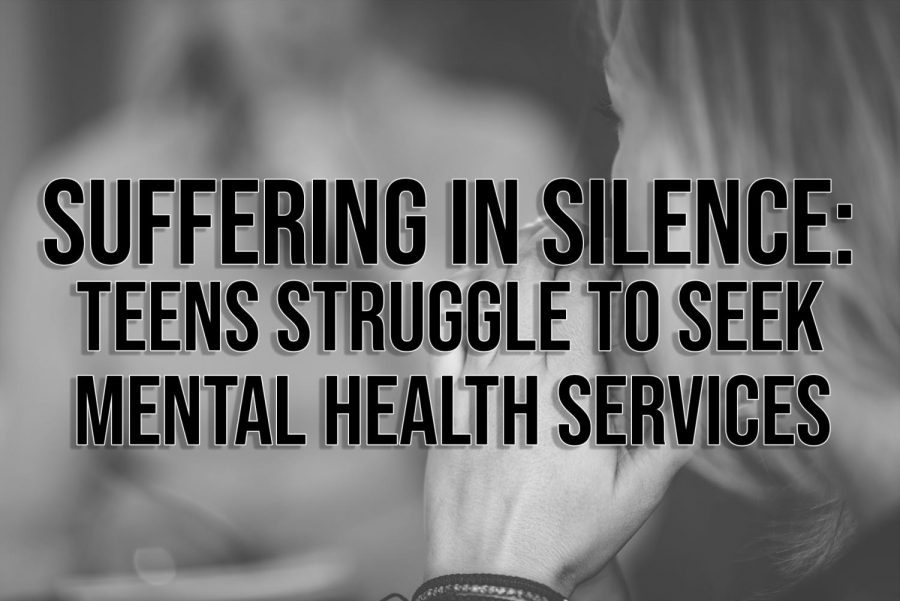Envato
Mental health stigmas are impacting teens’ ability to receive help.
Suffering in Silence: Teens struggle to seek mental health services
When it comes to mental health, teens don’t often reach out for help. According to a June 2020 National 4‑H Council survey, 65% of teens reported that they deal with their feelings on their own, while 67% pretend to feel better to not worry others.
3/4ths of the teenagers surveyed recognize “there is still a stigma around mental health issues in this country” — a stigma that prevents them from seeking help.
The stigma is so powerful that those surveyed reported feeling three times as likely to experience peer pressure to hide their feelings then they do to drink or do drugs.
Nearly 1000 of the 1516 survey participants said they are “tired of pretending to be happy all the time,” and recognized that “being sad or anxious sometimes is part of a human experience.”
According to the Mayo Clinic, beyond making those with a mental health condition reluctant to seek help or treatment, the negative attitudes and beliefs toward those with a condition can cause discrimination, a lack of understanding by family and friends, and social isolation.
NCHS is working to reverse the stigma surrounding mental health.
“So many people still have that viewpoint if you don’t have good mental health, then you’re a weak person,” NCHS’s mental health counselor Kerry Stephens said, “which is absolutely not true.”
While teens may feel pressured to pretend they are happy or to deal with their feelings alone, NCHS counselors want students to know expressing their feelings and what they are struggling with is healthy behavior.
“Remember, ‘It’s okay to not be okay,’” guidance counselor Mrs. Kristi Chase said. “Many adults in your life want to know that you are okay, and if you are not okay, they want to help.”
“Your teachers, school counselor, administrators, and other caring adults at school are here to support you and direct you to resources & supports,” Chase said. “You are not alone, and we don’t want you to struggle in silence.”
Still, students do tend to struggle in silence due to the lack of education and mental health information.
According to the 4-H State of Teen Mental During COVID-19 in America poll, 79% of teens wished their schools provided a safe, inclusive space where students could talk about their mental health.
“I feel our school district could do a much better job of raising awareness for mental health,” Chase said, “and some of that responsibility falls on us in the counseling office as well. It is something that we are aware needs improvement and that we are discussing within our department.”
Guidance counselor Mr. Jack Ratzsch agreed with Chase, saying that the school does not do a good enough job of prioritizing students’ mental health.
“If we did,” Ratzsch said, “I think we would find more effort toward teaching mental health and mental awareness in our classes. We need to teach students better.”
While the NCHS curriculum includes mental health as a unit in freshman health class and discusses the topic in Psychology, Ratzsch said there is more that could be done.
Educating students about mental health, according to Ratzsch, can be taught in science class or even English. The curriculum just needs to be implemented.
In addition to teaching mental health awareness to teens, Ratzsch feels that parents need more education.
“We need to teach parents how to understand the child and help their child with mental health and understand if they’re having problems,” Ratzsch said.
Spreading mental health awareness and breaking the surrounding stigmas will help students feel comfortable in seeking help and to know that they are not alone in their struggles. According to Chase, a student with a mental illness or who is struggling with their mental health has nothing to be ashamed of.
“It is very common and something you are not suffering alone in,” Chase said. “It speaks volumes about a person’s strength when they ask for help and are willing to receive help. We are here for you.”

